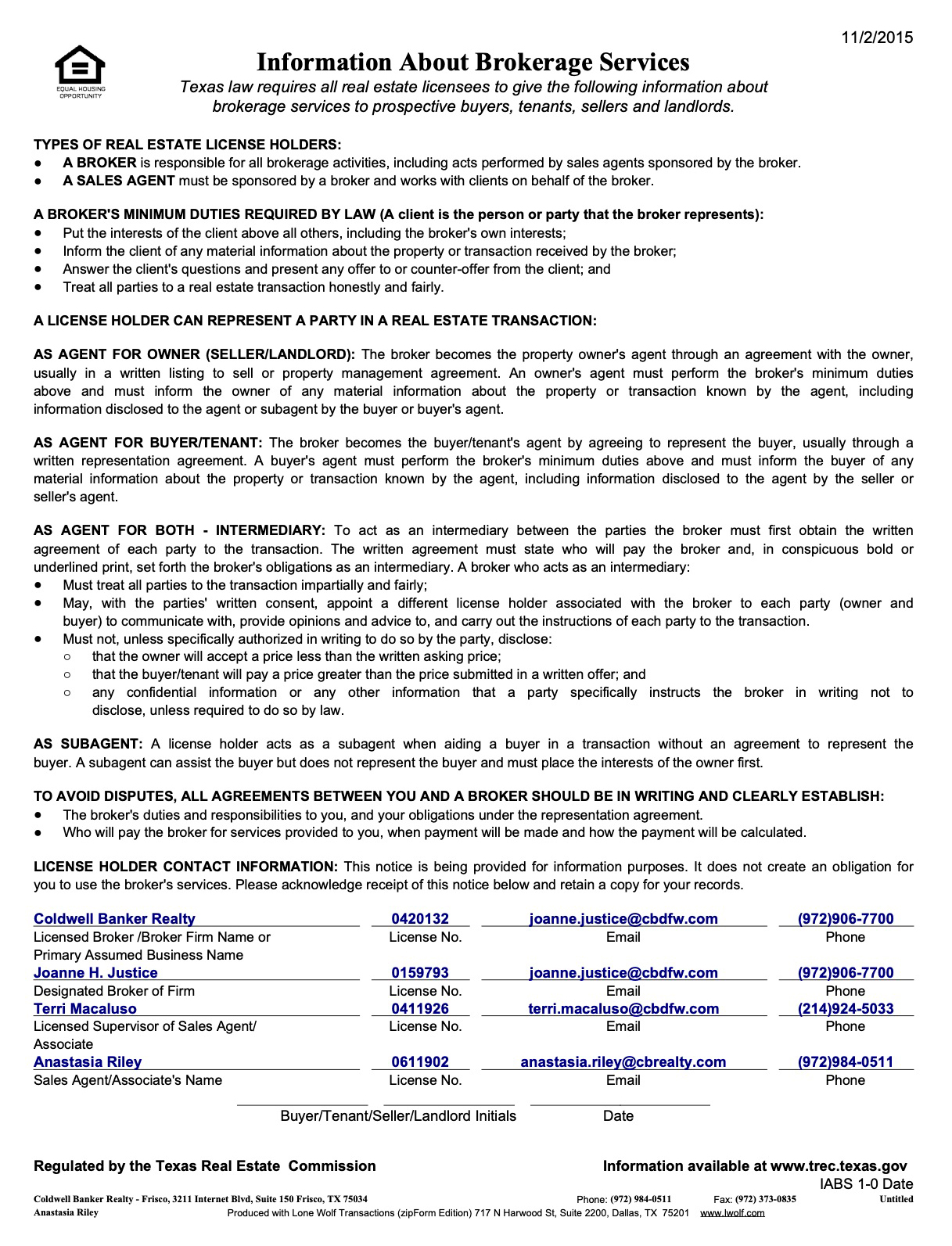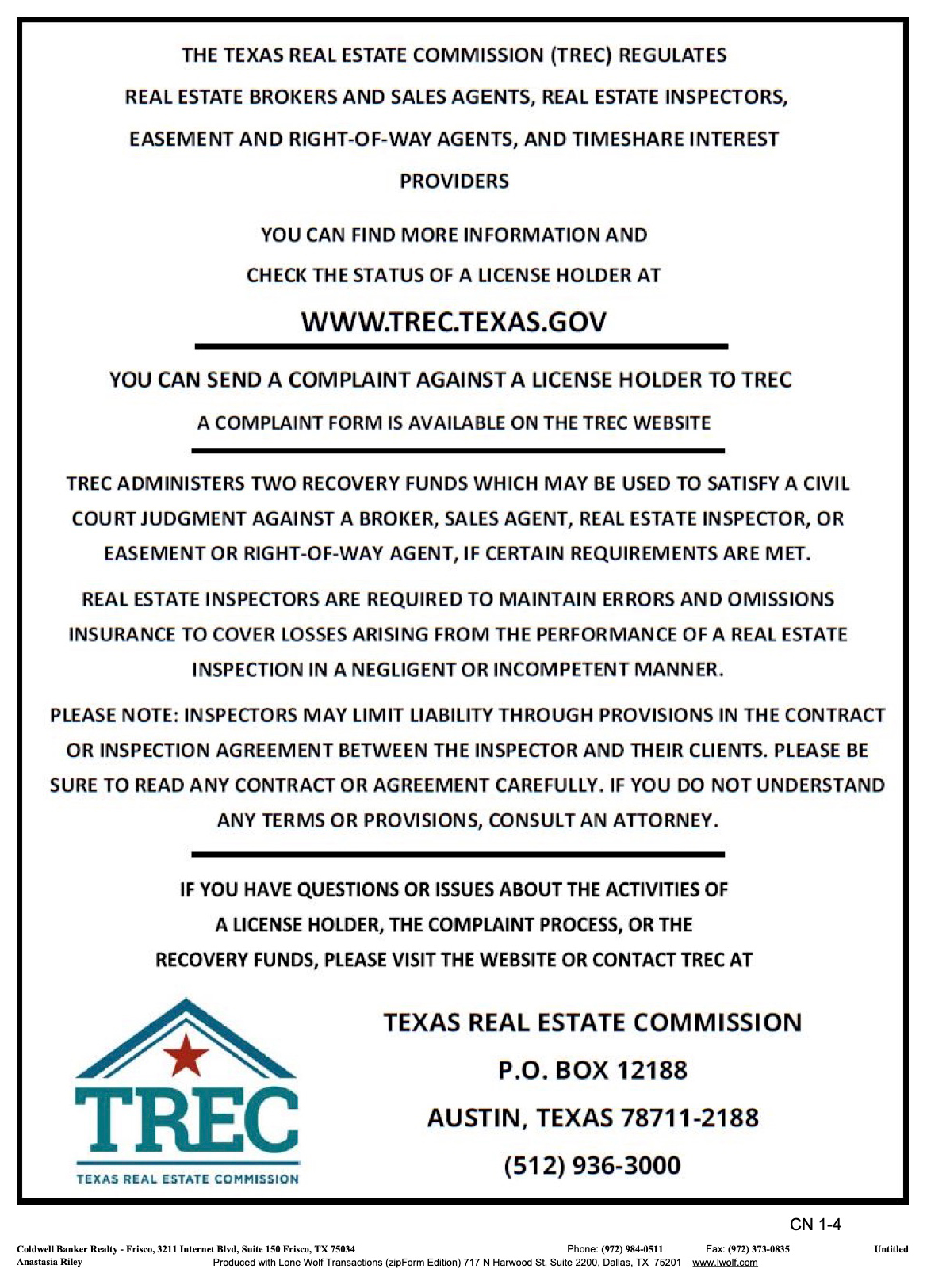Do you know the difference between a foreclosure and a short sale? If not, find out right here.
Want to sell your home? Get a FREE home value report Want to buy a home? Search all homes for sale
Today I’d like to demystify the difference between short sales and foreclosures.
Before I do that, though, I’ve got a favor to ask: If you know of anyone who is looking to make a move before the end of the year, please refer them to me. I’d like to serve as many Northern Texas buyers and sellers as possible before the new year, and I would greatly appreciate your help in doing so. I’m on the verge of having my most productive year yet, and I need your help to make it happen. As always, thank you for your support.
Now, let’s get back to our main topic.
Thanks to today’s strong market conditions, the days of frequent short sales and foreclosures are over. However, these distressed sales do still happen from time to time, so understanding the difference between them is important. Therefore, allow me to define each of these processes for you now.
A short sale is a transaction in which a homeowner who can no longer afford to keep their loan has been given permission by their lender to list the property and offer the sales proceeds as compensation for their outstanding debt. In this case, the net proceeds of the sale are “short” of what the homeowner owes, but are enough to avoid foreclosure. Though not ideal, short sales are a much less costly and time-consuming option than foreclosure, which would involve repossession of the home. Short sales also have a far less detrimental impact on one’s credit history than foreclosures do.
On that note, allow me to now shed some light on the second type of distressed sale on our list: foreclosures. Foreclosure is a process in which the bank takes ownership of the home after the homeowner has made it apparent that they are no longer able to afford their monthly payments. Unlike short sales, which offer homeowners some degree of control, foreclosures are initiated by the lender and cannot be opted in or out of. Most foreclosed homes have already been abandoned, but families who have not yet vacated the property will be evicted.
Once the property is vacated, the bank will hold an auction in order to sell the home. In Texas, such auctions are held on the first Tuesday of every month on the courthouse steps. Homes sold this way are not priced according to market value, but rather according to how much was owed on them. This makes these properties an attractive option for investors and buyers looking to buy a home for cheap. The problem is that buyers are not given the option to do any due diligence on auctioned homes, making the purchase riskier than a typical real estate purchase.
Hopefully, this has cleared things up for you. If you have any other questions or would like more information, feel free to give me a call or send me an email. I look forward to hearing from you soon.
Featured Listings
Available near you:








